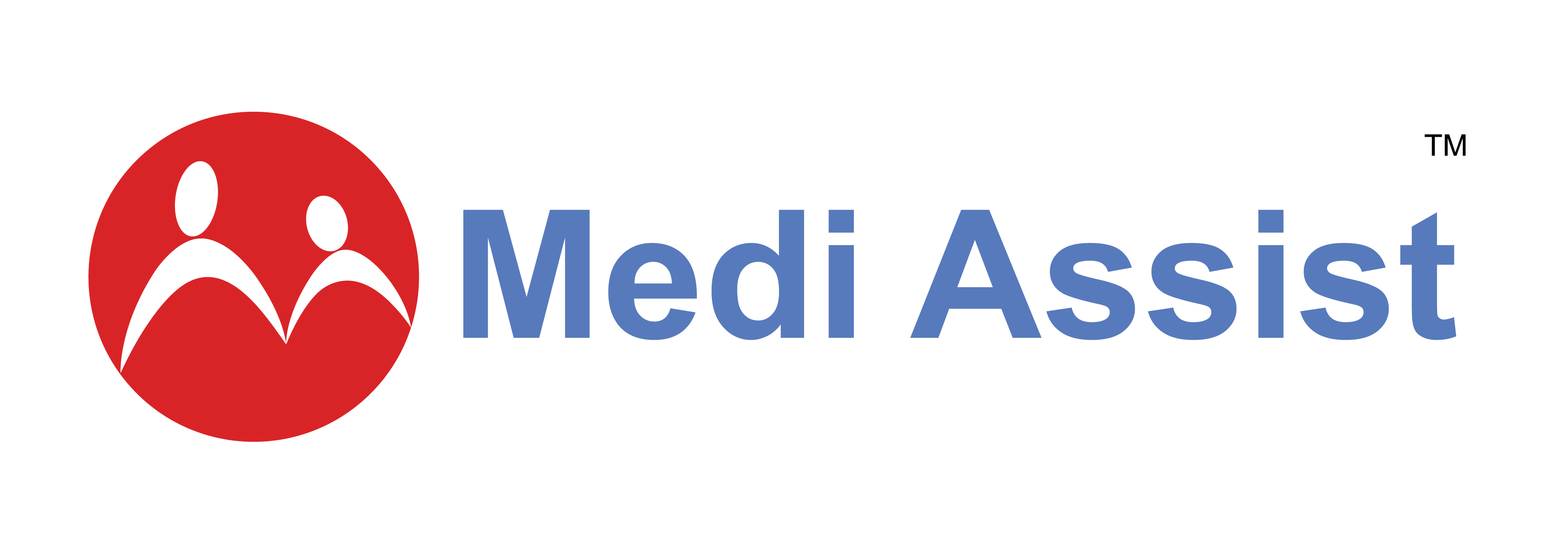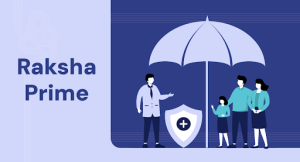As life progresses, health needs evolve, and our health insurance needs an upgrade accordingly. The coverage that suits you in your 20s may not be sufficient in your 40s. Each stage of life brings unique health risks, financial responsibilities and priorities. Understanding the right health insurance plan at every stage of life is important to assess quality healthcare services and avoid the cost of healthcare charges. This is more so relevant in the current times where medical inflation is at around 11% making access to healthcare expensive. Unless health insurance is properly planned especially keeping the varied requirements that impact individuals with age, getting the correct treatment at affordable rates can be a serious challenge.
Importance of renewing health insurance as per age
As health risk evolves with age, renewing health insurance at every stage of life becomes critical. Here is why health insurance renewal is essential at different stages of life.
In Your 20s and 30s
In your younger years, you may choose plans with lower premiums and less comprehensive coverage as a top priority since you are usually healthier and less likely to need frequent medical treatment. However, timely renewal of health insurance helps covers unexpected medical emergencies, accidents or illnesses.
The key considerations for health insurance during the 20s and 30s include:
- Basic coverage that focuses on preventive care and emergency services.
- Consider plans with lower premiums but higher deductibles.
- Consider getting extra coverage or seeking a plan that provides mental and reproductive health.
In Your 40s and 50s
Health risks are known to increase in your 40s and 50s as chronic conditions such as diabetes, hypertension and heart conditions become more common. Hence, upgrading to a more comprehensive plan or adding disease-specific provisions could help fill this gap. During your 50s, you might require more specialized care like cardiovascular screenings or cancer diagnostics. Regularly reviewing and renewing your policy ensures it adapts to your changing health needs and provides adequate protection.
If the existing policy does not provide enough coverage, you could choose additional insurance or think about moving to a plan emphasizing more specialised and diagnostic care.
In Your 60s and Beyond
As you grow older, the risk of chronic illness also gets elevated, meaning health insurance becomes important for your older years for long-term care. Updating your insurance accurately on time ensures that you will still be covered for operations, stays in hospital, diagnostic procedures and other major medical expenses. It minimizes the financial pressure of paying treatment costs out of pocket.
General Benefits of Timely Renewal
- Preventing policy lapse: Non-renewal on time means your policy has lapsed, and you are left without coverage and required to repurchase that policy, usually at a higher premium.
- Combatting medical Inflation: Timely renewal of policies also enables you to avoid the impact of the rise of treatment costs and having to avoid paying higher premiums to access the benefits. If your policy lapses, you might face a higher premium or rejection of insurance due to age or health reasons.
- Gives additional benefits: To ensure that there is no miss out of additional benefits, renewing the policy on time becomes mandatory. This entitles you to perk like no-claim bonus, which rewards you for not making any claim during the year.
- Tax benefits: Premiums paid on time are eligible for tax benefits.
Conclusion
Timely renewal helps to maximize the advantages of the policy. Start early to avoid the financial burden of medical costs.
-Content partner Happiest Health





